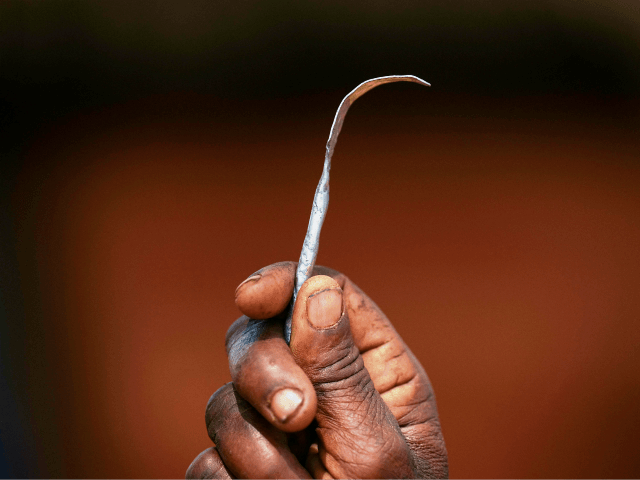Somalia will prosecute a female genital mutilation (FGM) case for the first time after a 10-year-old girl bled to death after undergoing the procedure last week, the government announced on Wednesday.
In a press conference, Attorney General Ahmed Ali Dahir said that the state would move forward to prosecute those responsible, even though no existing legislation outlaws the practice.
“We are going to prosecute on this straight away,” told journalists at the conference. “Prosecuting this case will not be delayed because we don’t yet have a law banning FGM. We can do it under the existing penal codes in Somalia.”
“This is a historic moment for ending FGM in Somalia,” added Somalia’s deputy prime minister Mohamed Guuled. “This cannot be happening in our country in the 21st century. It is not part of our religion, and it will not be part of our culture.”
Last week, a 10-year-old girl bled to death as a result of the procedure, with a doctor on the response team revealing it was one of the most brutal mutilations he had ever seen.
“She was brought in during the early evening, we all rushed to the emergency [room] when we learned her situation,” Hassan said. “She died because she was losing lots of blood. … They cut the clitoris, one side of the vulva was cut, the other side was wounded in three areas. I never saw anyone who was mutilated like that in my life.”
Although a significant problem across Africa and the Middle East, the FGM procedure is particularly prevalent in Somalia, with an estimated 95 percent of girls forced to undergo it, typically supervised by women. The process involves the partial or complete removal of a girl or woman’s genital organs, which can severely damage the physical, mental, and psychosocial wellbeing of its victims. Many victims suffer infections and other complications in urinating, menstruation, and child-rearing that last their entire lifetimes. It is widely considered a severe human rights violation in the West.
“In Somalia, FGM prevalence is about 95 percent and is primarily performed on girls aged 4-11,” the United Nations Children’s Fund (UNICEF) notes in its report focused on Somalia.“Despite the many internationally recognized laws against FGM, lack of validation in Islam and global advocacy to eradicate the practice, it remains embedded in Somali culture.”
Human rights activists across Somalia and around the world have long encouraged Somali politicians to pass laws against the practice, a move supported by the country’s former prime minister Zahra Samantar. However, such efforts have been blocked by some politicians who fear it would alienate their hardline Islamic constituents who still believe it is a religious requirement, despite the practice already considered illegal under the country’s constitution.
Follow Ben Kew on Facebook, Twitter at @ben_kew, or email him at bkew@breitbart.com.

COMMENTS
Please let us know if you're having issues with commenting.